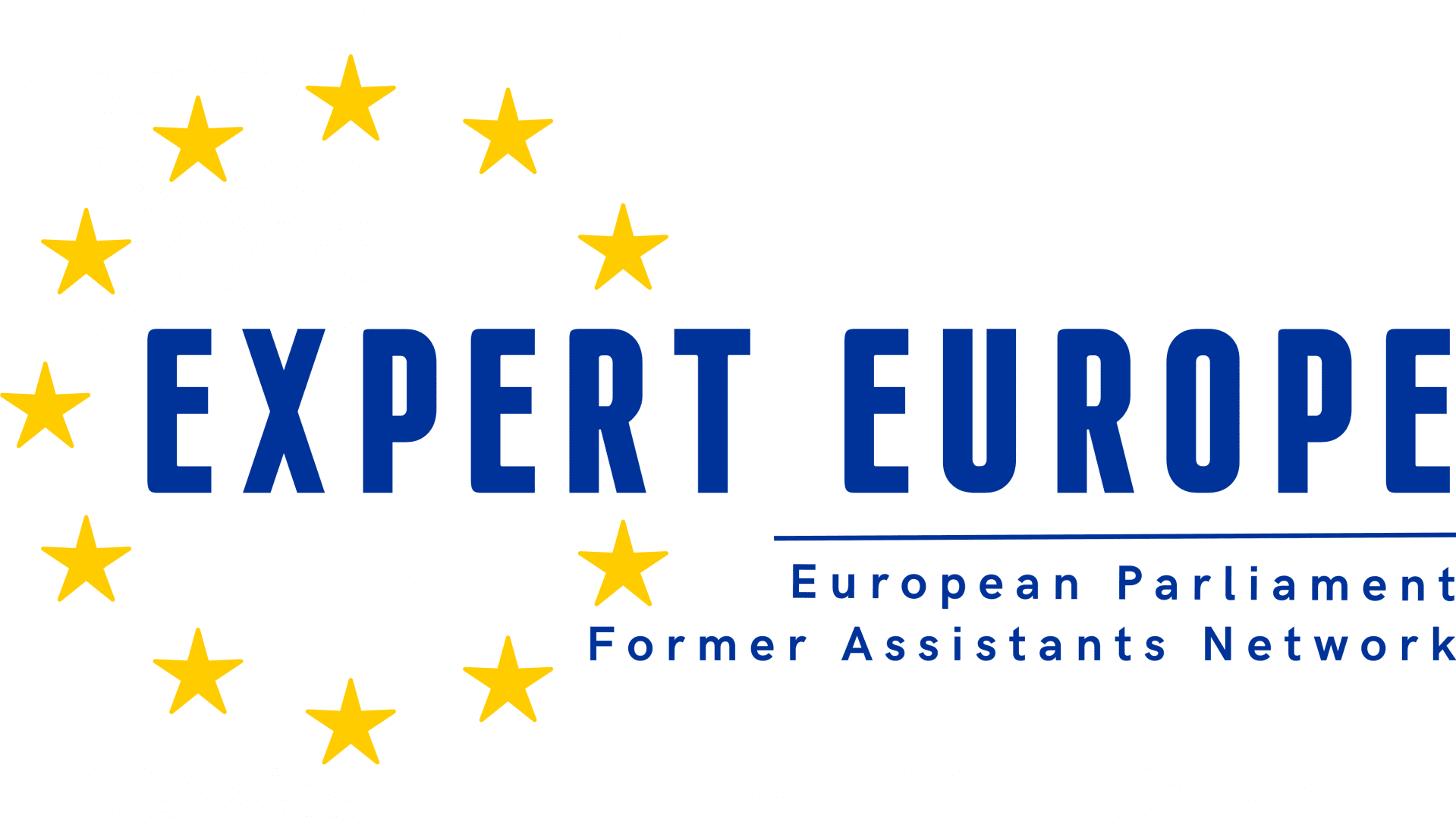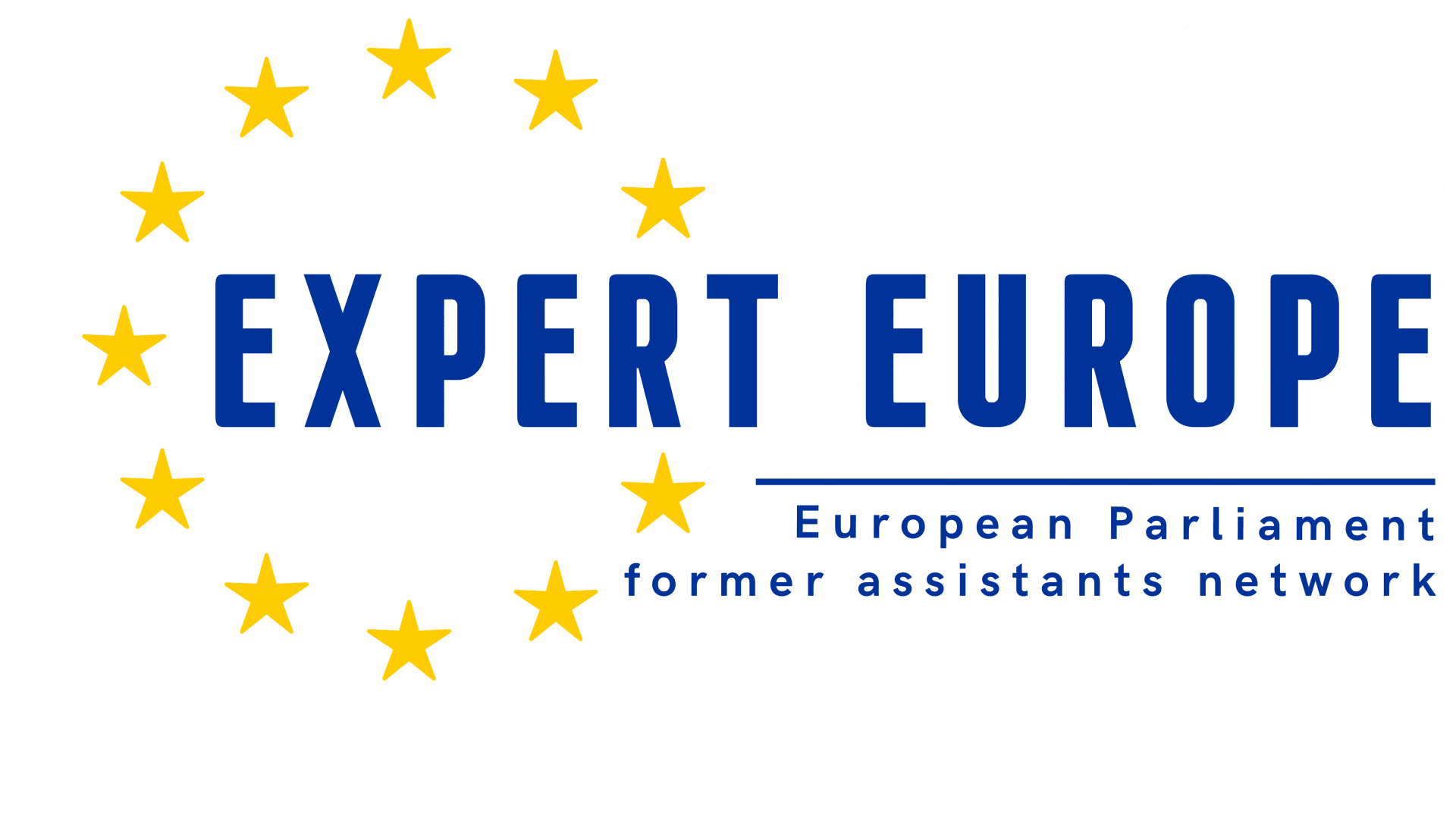Opinion |
Schengen at 40: A European Security Pact for the Next Generation
On its 40th anniversary, the Schengen Area faces new security challenges. Tomas Tobé calls for a European Security Pact to strengthen borders, enhance cooperation, and equip EU agencies to safeguard a secure and free Europe for the next generation.

By Tomas Tobé
EPP Group Vice-Chair
As we mark 40 years of the Schengen Area, it is a good moment to reflect on what it has achieved and how we can strengthen it for the future. Schengen has been a key part of European integration, allowing people, goods, and services to move freely across borders. However, to protect this freedom, we must also tackle the growing threats to our security.
Schengen has transformed life in Europe. More than 400 million EU citizens benefit from being able to travel across countries without border checks. This freedom has supported economic growth, encouraged cultural exchange, and helped shape a stronger European identity. Removing internal borders has brought Europeans closer together.
Despite these achievements, Schengen is under pressure. Criminal networks are taking advantage of open borders - more than 70% operate across countries. Many are involved in trafficking, drug trade, and money laundering. Seven in ten include people from multiple nationalities, and eight in ten hide their activities in legal businesses.
Criminal networks are taking advantage of open borders - more than 70% operate across countries. Many are involved in trafficking, drug trade, and money laundering. Seven in ten include people from multiple nationalities, and eight in ten hide their activities in legal businesses.
On top of that, new threats are also emerging, including cyberattacks, foreign interference, and hybrid warfare. These require a new, united response.
A European Security Pact
To face these challenges, the EPP Group has long called for a strong European response. In our Stockholm Declaration, we proposed a European Security Pact to protect our citizens and our way of life. This includes making security a priority in EU law and giving key EU agencies the resources and powers they need. We want to double the staff at Europol and triple the capacity of Frontex while giving both agencies real powers to act.
We also support a bigger role for the European Public Prosecutor's Office, the European Anti-Fraud Office, and Eurojust in fighting cross-border crime.
To keep Schengen strong and secure for the future, we need to adapt it to today's reality. That means strengthening our external borders, improving cooperation between EU countries, and investing in modern technologies. We must firmly confront the instrumentalisation of migration by hostile actors seeking to destabilise Europe and undermine our borders.
As we look to the next 40 years, the EPP Group remains committed to preserving and strengthening Schengen. A Europe without internal borders is one of our greatest achievements.
As we look to the next 40 years, the EPP Group remains committed to preserving and strengthening Schengen. A Europe without internal borders is one of our greatest achievements.
A secure Europe is a free Europe. Security must no longer be the missing link in our integration. By building up our security and working closely together, we can ensure Schengen remains a symbol of unity for generations to come.
Disclaimer
All opinions expressed in this column reflect the views of the author(s) and do not necessarily represent the views of EXPERT EUROPE or its editorial team.

Comments0
Please log in to see or add a comment
Suggested Articles


